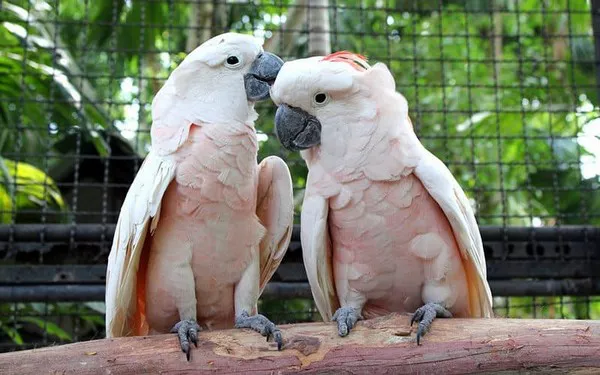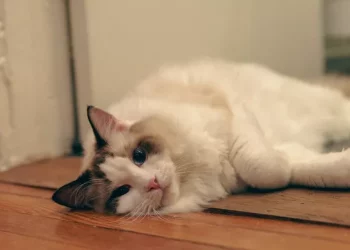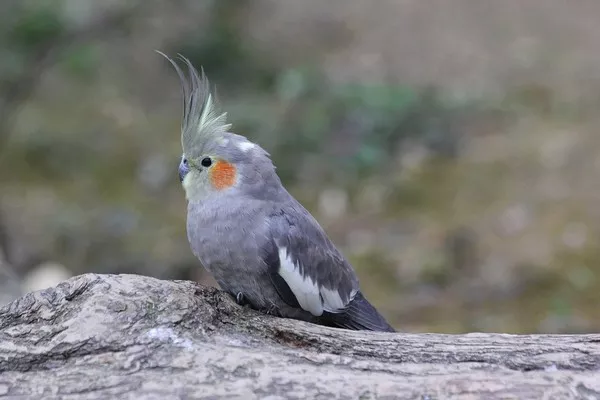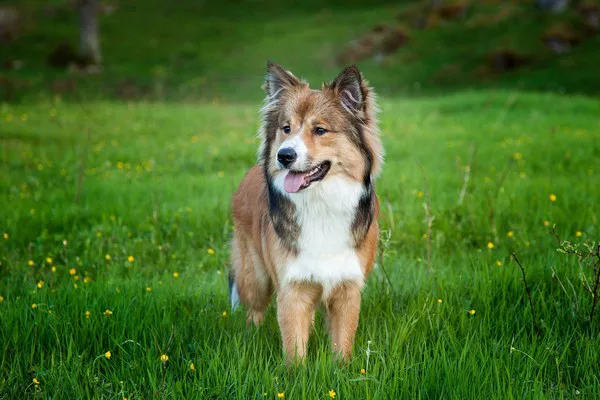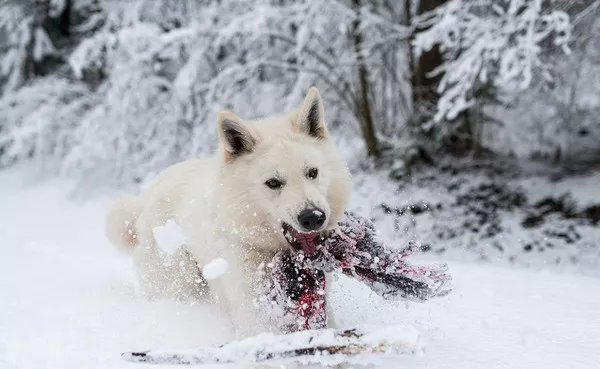Corn snakes are one of the most popular pet snakes in the world, known for their docile nature, vibrant colors, and manageable size. As snake owners, understanding what they eat is one of the most important aspects of keeping them healthy. Pet snakes, like corn snakes, require a diet that matches their natural needs, and feeding them the right food is crucial for their well-being. When it comes to feeding, many new snake owners often wonder, “Will corn snakes eat crickets?” This question arises from the broader debate over the types of food that pet snakes can and should consume. To answer this question thoroughly, it’s important to understand the corn snake‘s dietary habits, its anatomy, and its evolutionary background.
1. Understanding Corn Snakes
Corn snakes (Pantherophis guttatus) are non-venomous constrictors found primarily in the southeastern United States. They are named after their markings, which resemble the kernels of corn, and they thrive in a variety of environments, including woodlands, grasslands, and farmlands. Wild corn snakes typically feed on small mammals, birds, and other reptiles, such as lizards. This diet reflects their status as opportunistic feeders in their native habitat.
In captivity, corn snakes are commonly fed rodents like mice and rats. These foods are considered the most appropriate for them because they resemble the prey they would eat in the wild. Corn snakes have evolved to consume prey that they can constrict and swallow whole, and their digestive system is specially designed to process these types of meals. But when it comes to insects, such as crickets, the answer isn’t as straightforward. Let’s dive deeper into the question of whether corn snakes will eat crickets and the factors that influence their diet.
2. The Diet of Corn Snakes in the Wild
To answer the question of whether corn snakes will eat crickets, we must first examine their natural diet. In the wild, corn snakes predominantly hunt small mammals such as mice, voles, and rats. They may also prey on small birds, lizards, and amphibians. These animals provide the appropriate protein and nutrients that corn snakes need to thrive.
Corn snakes are constrictors, meaning that they subdue their prey by wrapping around it and squeezing until the prey is immobilized. This method of hunting is typical of non-venomous snakes. Once the prey is subdued, the snake swallows it whole. Corn snakes have a highly flexible jaw structure, which allows them to consume prey much larger than their head.
Insects, like crickets, are not typically part of the corn snake’s natural diet. While wild corn snakes may occasionally catch and consume insects, especially when smaller prey is scarce, insects do not provide the necessary nutritional balance for a healthy snake in the long run. Corn snakes are adapted to eating larger prey, and their digestive system is optimized for processing mammals and birds, rather than insects.
3. Anatomy and Digestive System of Corn Snakes
Corn snakes, like all snakes, have specialized anatomy that supports their carnivorous diet. Their digestive system is highly efficient for processing the types of prey they consume in the wild, such as mammals and birds. When corn snakes eat prey like rodents, their bodies can efficiently digest the meat, fat, and bones.
Their jaw structure is one of the most fascinating features when it comes to feeding. Unlike humans, snakes have a highly flexible jaw that allows them to swallow large prey items whole. The lower jaw is not attached to the upper jaw but instead connected by a stretchy ligament, which allows the snake to expand its mouth wide enough to ingest animals larger than its head.
The stomach of a corn snake is designed to break down and absorb nutrients from the type of prey they usually consume in the wild. Their digestive enzymes are tailored to process protein from mammals and birds, breaking down the meat and fat into usable nutrients. While insects like crickets do provide protein, they lack the necessary fat and other nutrients that snakes require for proper growth and energy.
4. Can Corn Snakes Eat Crickets?
Now that we’ve established what corn snakes naturally eat, the question remains: can corn snakes eat crickets?
The short answer is: yes, corn snakes can physically eat crickets. Their jaws are capable of expanding enough to ingest small insects like crickets, and corn snakes do have the ability to digest them. However, just because a corn snake can eat crickets doesn’t mean it should. There are several reasons why crickets are not an ideal food for corn snakes.
Nutritional Imbalance
Crickets are primarily composed of protein, but they are low in fat and lack the other essential nutrients that corn snakes need for proper health. As obligate carnivores, corn snakes require a balanced diet that includes a mix of protein, fat, and other vital nutrients such as calcium, vitamins, and minerals. A diet consisting solely of crickets would not provide the necessary balance, leading to malnutrition.
In the wild, corn snakes consume prey that provides a variety of nutrients. Small mammals, for example, offer a mix of protein and fat, which is crucial for maintaining energy levels and promoting healthy growth. Crickets, by contrast, lack the fatty content and other nutrients found in mammals and birds, making them a less suitable option for corn snakes in captivity.
Inability to Support Growth
Crickets are small and do not provide enough sustenance to support the healthy growth of a corn snake. Snakes require larger prey, such as mice or rats, to ensure that they receive adequate nutrition throughout their development. When corn snakes are fed insects like crickets, they may not grow at the appropriate rate, and their health could suffer over time.
Juvenile corn snakes, in particular, need larger prey to support their rapid growth. If they are consistently fed crickets, they may experience stunted growth and fail to reach their full size potential. In contrast, feeding them appropriately sized rodents ensures that they receive the necessary nutrition for healthy development.
Digestive Efficiency
As mentioned earlier, corn snakes have a digestive system that is specialized for processing larger prey. When they consume rodents, their digestive system is able to break down the meat, bones, and fat efficiently. However, crickets are much smaller and easier to digest, and they don’t provide the same level of challenge for the snake’s digestive system.
Feeding corn snakes crickets may not engage their digestive system in the same way that feeding them larger prey would. This could lead to inefficient digestion and may even cause digestive issues over time, as the snake’s body may not be fully stimulated to produce the necessary digestive enzymes for larger meals.
Risk of Impaction
While crickets themselves aren’t necessarily harmful to corn snakes, they can pose a risk of impaction if not consumed properly. Crickets have hard exoskeletons that can be difficult for snakes to digest. If a snake consumes too many crickets without fully digesting them, it may experience impaction, a condition where undigested food blocks the digestive tract. Impaction can be a serious health concern, leading to discomfort, reduced appetite, and even death in extreme cases.
This is why it is generally recommended to avoid feeding corn snakes crickets on a regular basis. While an occasional cricket may not cause harm, a steady diet of crickets increases the risk of impaction and other digestive issues.
5. What Should Corn Snakes Eat?
Corn snakes thrive on a diet that closely mimics what they would eat in the wild. The primary food for corn snakes should be appropriately sized rodents, such as:
Mice: Mice are one of the most common food sources for corn snakes in captivity. They are readily available and provide the right balance of protein, fat, and nutrients. Juvenile corn snakes may be fed pinky mice, while adult snakes can eat larger mice or even rats.
Rats: Larger corn snakes may be fed rats, which provide more substantial meals and are nutritionally similar to mice. Rats should be fed in a size that matches the snake’s girth, ensuring the snake can consume the entire animal without difficulty.
Other small vertebrates: In some cases, other small vertebrates like birds or lizards may be offered to corn snakes, although this is less common in captivity.
When feeding a corn snake, it’s important to offer prey that is appropriately sized for the snake. A good rule of thumb is to feed your snake prey that is about the same width as its body. This ensures that the snake can comfortably swallow and digest its food.
Conclusion
While corn snakes can technically eat crickets, it is not an ideal food choice for them. Crickets lack the necessary nutrients, fats, and vitamins required for a healthy snake, and they may not provide enough sustenance for growth. Insects like crickets are not a natural or preferred food for corn snakes, who are better suited to eating larger vertebrates like mice and rats. To ensure the health and well-being of your corn snake, it is best to stick to feeding them appropriate-sized rodents and avoid making insects a regular part of their diet.
By understanding the natural dietary needs of corn snakes and providing them with a balanced, nutrient-rich diet, you can help your pet live a long, healthy, and happy life.
Related Topics:



